Recent în SUA, Senatul a luat decizia de incepere a cercetării legate de posibila utilizare a torturii în anchetele din unele închisori administrate de CIA. Acuzația pornește de la premisa că prizonierii de război sau cei consideraţi terorişti sunt ţinuţi în închisori ale CIA, de genul celor de la Guantanamo unde ar fi supuşi unor tratamente şi interogatorii brutale, în care factorii de manipulare psihologică joacă un rol important: scufundarea în apă rece până aproape de înec ( aşa numita water bording), privarea senzorială, plasarea şi menţinerea cu forţa în poziţii inumane, privarea de somn, umilirile şi abuzurile sexuale, injectarea unor substanţe psihotrope. Acuzatorii susțin că acestea sunt tehnici folosite în mod curent pentru a-i influenţa, a-i controla şi în cele din urmă a-i dezorienta pe prizonieri, astfel încât aceştia să declare ceea ce vor anchetatorii.
Anul trecut în mai, Departamentul de Justiţie al SUA a dat publicităţii un raport în care condamnă tehnicile de interogare folosite de CIA şi de Pentagon. Presa americană și europeană vorbea încă din 2005 despre implicarea psihologilor în elaborarea şi aplicarea acestor tratamente, considerate inumane.
Barack Obama a aprobat inființarea unei unități de elită pentru cercetare – bazându-se pe experţi din întreagul guvern, nu doar CIA – care va respecta liniile directoare militare ale SUA.
Dick Cheney a criticat din nou administraţia Obama şi a refuzat să-și schimbe poziția lui și anume că metodele de interogare dure au fost eficiente.
Doua postări remarcabile in blogosfera românească:
Albert Camus, drepturile teroristului si drepturile omului de Vladmir Tismăneanu
Drepturile teroristului şi închisorile CIA de Ioan T. Morar











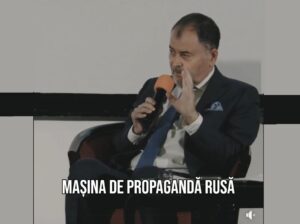


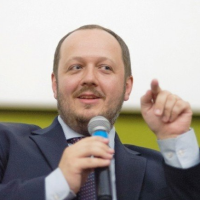
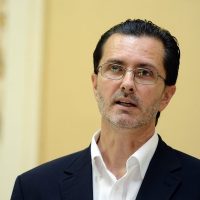
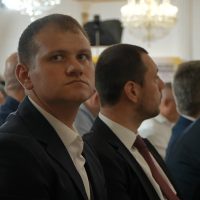
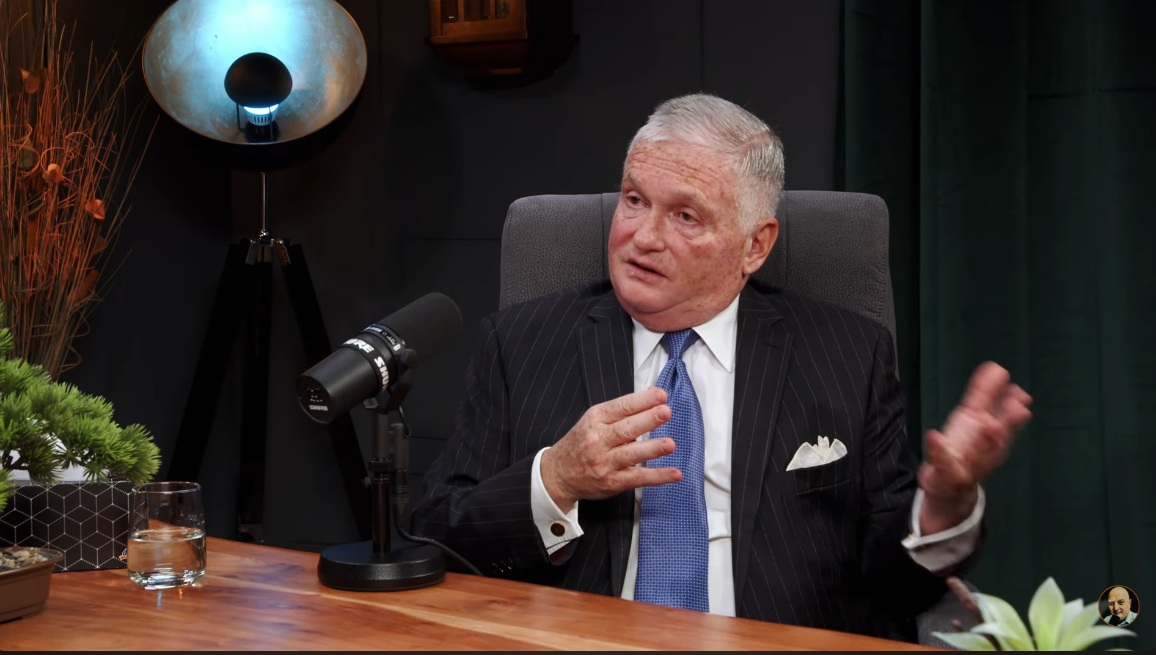

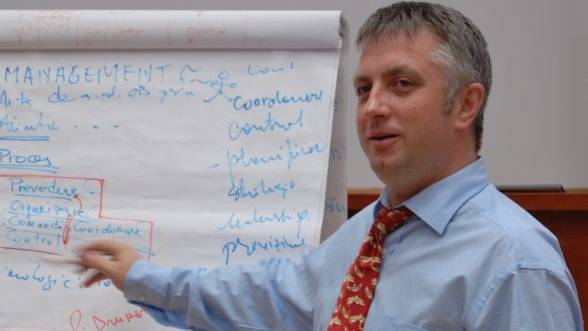
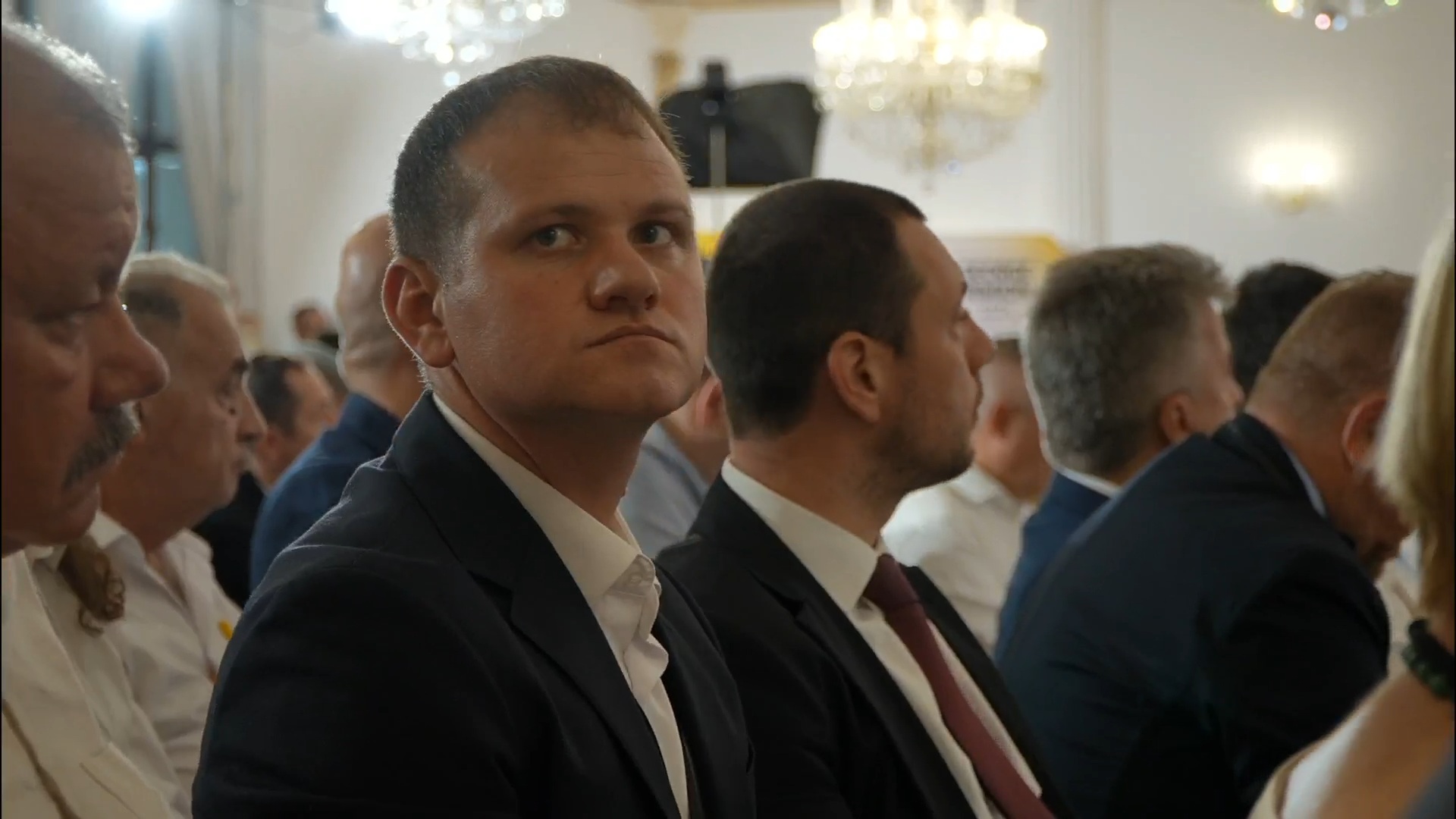


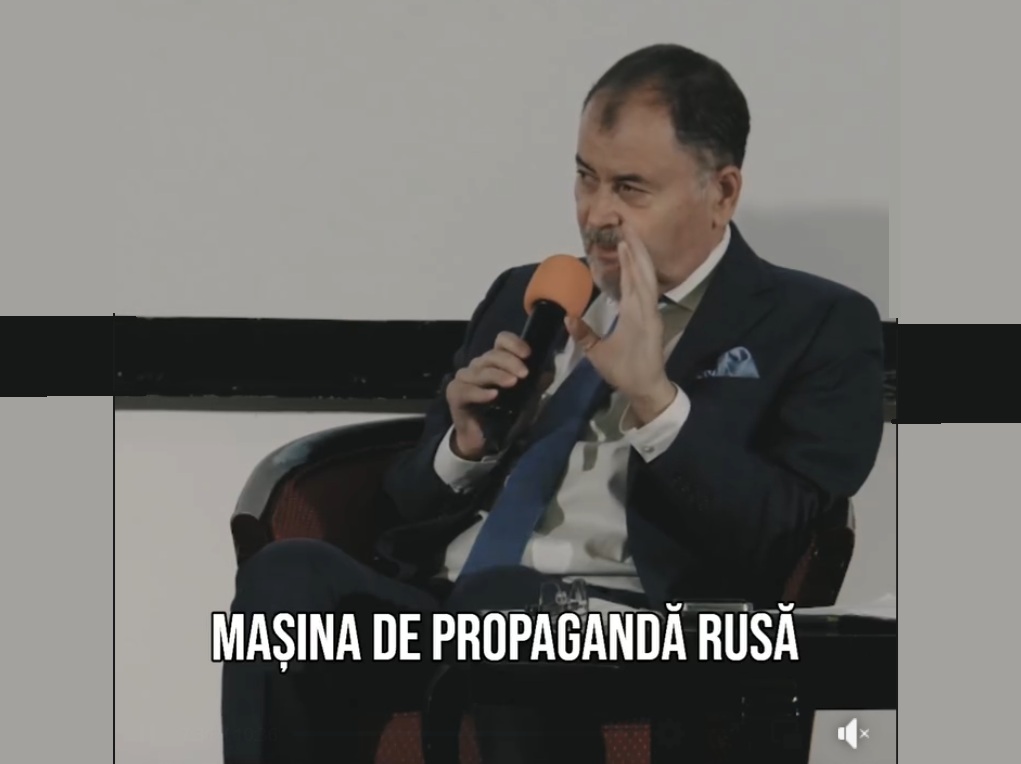
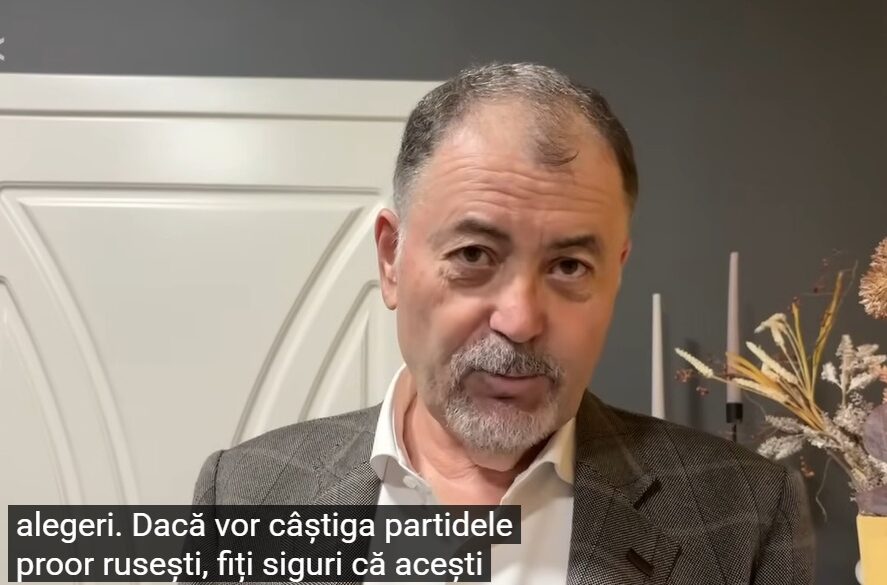
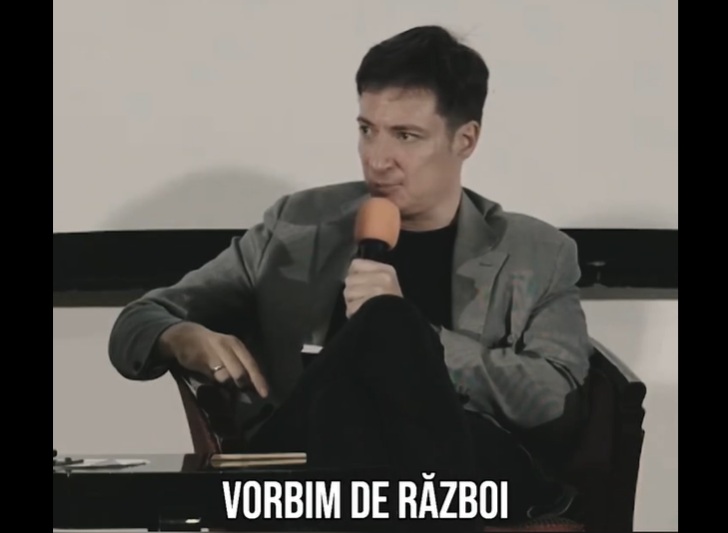

17 Comments
Imperialistu'
26 August 2009Cosmin,
1. sunt teroristi, nu prizonieri de razboi; nu au luptat in uniforma militara si nu respecta regulile razboiului, ergo nu beneficiaza de protectia vreunei conventii.
2. administratia Obama da dovada de iresponsabilitate incercand sa recastige procente pe seama CIA-ului.
Imperialistu'
26 August 2009Rasmussen: Support for closing Gitmo rapidly dropping
slamistu
26 August 2009“prizonierii de război sau cei CONSIDERATI terorişti sunt ţinuţi în închisori ale CIA” e o afirmatie corecta. Afirmatia incorecta este: “1. toti sunt teroristi 2. nu beneficiaza de protectia vreunie conventii”.
FALS, FALS.
Conform informatiilor publice, usor accesibile de exemplu pe http://www.globalsecurity.org/military/facility/guantanamo-bay_detainees.htm,sau pe Wikipedia ????
2. e falsa cf.
” After the Bush administration asserted that detainees were not entitled to any of the protections of the Geneva Conventions, the U.S. Supreme Court ruled in Hamdan v. Rumsfeld on June 29, 2006 that they were entitled to the minimal protections listed under Common Article 3 of the Geneva Conventions.[4]”
1. e falsa petnru ca pentru ca “teroristii” nu au fost judecati si condamnati si pt ca:
-Since October 7, 2001, when the current war in Afghanistan began, 775 detainees have been brought to Guantánamo. Of these, approximately 420 have been released without charge.
Three British Muslim prisoners, now known in the media as the “Tipton Three”, were released in 2004 without charge. The three have alleged ongoing torture, sexual degradation, forced drugging and religious persecution being committed by U.S. forces at Guantánamo Bay.[41] Former Guantánamo detainee Mehdi Ghezali was freed without charge on July 9, 2004, after two and one-half years internment. Ghezali has claimed that he was the victim of repeated torture.
Of those still incarcerated, U.S. officials said they intend to eventually put 60 to 80 on trial and free the rest.
etc.
Francesco
26 August 2009cosmin,
Despre waterboarding – sau “simularea innecului”, unde detinutul este imobilizat pe spate cu capul inclinat in jos, fata acoperita cu o carpa peste care se toarna apa, opinia generala este ca face parte din tehnicile de tortura.
Este principalul capat de acuzare asupra unor oficiali CIA si asupra Administratiei Bush.
DAR – prin waterboarding au fost obtinute informatiile (de la Khalid Sheik Mohammed!) care au condus la prevenirea atentatului tip 9/11 de la Los Angeles. KSM – daca este nevoie, vom da amanunte despre acest “ingeras” – a devenit ca o “pasare cantatoare” in urma aplicarii waterboarding-ului.
In ianuarie 2009, presedintele Obama a emis un ordin care interzice waterboarding-ul. Utila numai din punct de vedere propagandistic, interzicerea waterboardingului de catre Obama, era efectiva din timpul Administratiei Bush – alaturi de decretul de inchidere a Guantanamo – a avut drept consecinta si redeschiderea dosarului “torturilor CIA”.
In ultimile zile, discutiile despre torturile CIA au fost folosite de Administratia Obama ca o perdea de fum pentru a distrage atentia opiniei publice americane.
@slamistu’
Despre numarul celor care vor fi detinuti chiar si de Obama se va mai discuta. Cea mai mare problema a noii administratii este ca vrea sa scape de detinuti cat mai repede, iar pentru asta face greseli.
dr jones
26 August 20093,900 stimulus checks went to prison inmates
http://finance.yahoo.com/news/Stimulus-checks-not-boosting-apf-2542694170.html?x=0&.v=2
dr jones
26 August 2009ironia sortii, nu?
bugsy
26 August 2009“heavy (metal) torture”
“In 2003, ‘Enter Sandman’, palyed by Metallica, was in the news because of its use by American interrogators during the Iraq War. Interrogators exposed prisoners to the song for hours at a time, the hope being that under the pressure of listening to music that was “culturally offensive,” the prisoners would break their resistance”.
dr jones
26 August 2009orice paleste in fata cecurilor ce vroiau resuscitarea economiei si probabil au ajuns si la teroristi.
parca traim un vis urat.
e cu mult mai tragico-comic decat cei 100 de specialisti ai constantinescului ce a transmis craciun fericit imamilor fanatici.
dr jones
26 August 2009bai si ca o ciudatenie si mai mare: eu nu am primit nici un cec pana acum!
pardon, am primit unul de $600 de la Bush.
slamistu
26 August 2009@francesco: “Despre numarul celor care vor fi detinuti chiar si de Obama se va mai discuta. Cea mai mare problema a noii administratii este ca vrea sa scape de detinuti cat mai repede, iar pentru asta face greseli.”
Nu numarul ma interesa ci faptul ca s-au sustinut aici doua lucruri false: ca toti “sunt” teroristi si ca nu se afla sub incidenta vreunei conventii. E o problema creata de administratia Bush, nu inteleg de ce i se imputa lui Obama.
Francesco
26 August 2009Pai nici macar armata de activisti obamici nu sustine ca la Gitmo s-ar afla poeti si visatori neintelesi de fiarele neocon!
Ai impresia ca la Gitmo se poate ramine – dupa verificari amanuntite – doar pentru ginduri necurate sau pt neplata tichetului de parcare?
Multi nu pot fi adusi in fata justitiei pt ca ar trebui divulgate informatii furnizate de serviciile de securitate din alte tari. Se vb. de 80-100 de indivizi care vor ramane fara proces in custodia SUA. Restul vor fi judecati. Unii au fost eliberati – transferati in Europa – doar pt ca nu se puteau aduce documentele in instanta, iar retinerea lor nu mai era “utila”.
Revin referitor la waterboarding: exista pareri divergente in legatura cu aceasta metoda de interogare, dar a dat rezultate si a salvat mii de vieti americane. Si nu numai. Acum se cauta solutii pt. ca noua echipa de interogare a lui Obama nu are la dispozitie decat cele 19 tehnici aprobate prin manualul militar. Teroristii le cunosc si isi rad in barba, de acum inainte nu vor mai spune nimic.
Imperialistu'
26 August 2009slamistu, scuza-ma, dar ma faci sa rad cu micutele tale probleme gitmoiste. Intotdeauna m-au amuzat teribil cetatenii care nu mai pot sa doarma la noapte de grija “victimelor” de la Guantanamo. Nu pot sa nu ma gandesc la ce v-ar face “victimele” astea daca le-ati pica in mana.
1. Al Qaida a semnat Conventia de la Geneva? Nu.
2. Al-qadistii lupta imbracati in civil si violeaza toate regulile razboiului? Da.
3. Americanii luati prizonieri de muslimi beneficiaza de Conventia de la Geneva? Nu.
Cat despre cum se aplica faimosul articol 3 al Conventiei la Gitmo,
Common Article 3 of the Geneva Conventions and U.S. Detainee Policy
http://www.heritage.org/research/legalissues/wm2303.cfm
Tu chiar crezi ca americanii i-ar fi dus la Guantanamo doar pentru ca se plictiseau si nu aveau unde chinui musulmani?
Bugsy > Ma, am inteles ca Enter Sandman a fost destul de convingatoare “Dreams of war, dreams of liars/ Dreams of dragons fire/ And of things that will bite!/
“Dreams of war, dreams of liars/ Dreams of dragons fire/ And of things that will bite!/
dr jones
26 August 2009On the evening of August 8, a suicide bomber wearing a belt full of explosives approached the exterior walls of the French embassy in Mauritania’s capital city of Nouakchott. He shouted “Allahu akbar” and blew himself up. Two embassy security guards, or gendarmes, and another person were injured.
Ten days later, al-Qaeda’s North African arm — al-Qaeda in the Islamic Maghreb (AQIM) — claimed responsibility. Reuters identified the bomber as a local jihadist named Abu Obeida Musa al-Basri.
It barely made the news.
[…]
Six weeks ago, an American missionary named Christopher Leggett was shot in the head and killed as he crossed the street in Nouakchott, Mauritania’s capital; al-Qaeda claimed responsibility. In 2007 four French tourists, including two children, were killed in the southern Mauritanian town of Aleg; three AQIM jihadists are awaiting trial. But before the French embassy was attacked, there had been no suicide bombings on record in the country.
“This operation came in reaction to the hostility of the Crusaders — led by France — and their apostate agents against Islam and its people,” AQIM declared in a statement earlier this week, which included photographs of the now dead suicide bomber posing with weapons on a desert backdrop.
Targeting France is a leap from AQIM’s earlier stated goal, which focused on targeting Jews and Americans. The Jamestown Foundation reports that AQIM leader Abu Anas Abd al-Rahman al-Shinqiti recently appeared in a video denouncing any form of democracy in Mauritania and promising attacks on Western facilities throughout North Africa for meddling. “Democracy will lead to Jewish-American occupation [of Mauritania] and to the proliferation of the parties of Satan,” he declared.
Positioning France as the new Great Satan appears to have come — at least in part — in response to French President Nicolas Sarkozy’s stance against burqas. In June, Sarkozy told the French parliament that burqas were “not welcome” in France and compared having to wear one as analogous to being in a prison. “The problem of the burqa is not a religious problem. This is an issue of a woman’s freedom and dignity. This is not a religious symbol. It is a sign of subservience; it is a sign of lowering,” Sarkozy said.
Five days later, al-Qaeda issued a statement threatening “revenge” on France. Sarkozy’s statements, al-Qaeda said, were a declaration of war against Muslim sisters and it was therefore their duty to seek revenge “by every means and wherever we can reach them.” Whether or not al-Qaeda’s jihadists can attack France at home remains unknown. But its reach certainly extends to French outposts in Africa, such as the embassy in Mauritania.
sunt stiri care nu reusesc sa treaca de cenzura mainstram media.
slamistu
26 August 2009@vad ca aici se joaca pingpong cu propriile obsesii. Ma scuzati ca v-am deranjat. Totusi poate citesti si postarea mea:
1.After the Bush administration asserted that detainees were not entitled to any of the protections of the Geneva Conventions, the U.S. Supreme Court ruled in Hamdan v. Rumsfeld on June 29, 2006 that they were entitled to the minimal protections listed under Common Article 3 of the Geneva Conventions
2.775 detainees have been brought to Guantánamo. Of these, approximately 420 have been released without charge.
Adica mai mult de jumate din teroristii astia deosebit de periculosi au fost eliberati fara sa fie acuzati de ceva. Dar numai dupa ce au fost torturati si violati vreo cateva luni. Hai sa ne hlizim.
dr jones
26 August 2009slamistu’ e mai ‘telectual decat madonna.
cine ti-a violat fratii slamistule?
dr jones
26 August 2009Obama admin to transfer six Guantanamo prisoners
One prisoner, Mohammed Jawad, could be sent back to Afghanistan as early as Friday. But authorities are still considering criminal charges in U.S. court that accuse him of throwing a grenade that wounded two American soldiers and their translator in late 2002, so there is a chance he may not be released.
omu’ e clar nevinovat. ce aveti fratilor cu el de a aruncat o grenada nevinovata catre a bunch of infidels?
The Miami Herald reported that Congress was told two detainees would be moved to Portugal and two would be sent to Ireland. Already, 11 prisoners have been sent overseas since President Barack Obama took office in January.
p’astia ii mutam in anglia sa le dea aia drumu ca e mai umani si nu ii violeaza.
Earlier this week, another judge on the court, Gladys Kessler, ordered the release of Yemeni Mohammed Al Adahi, who was accused by the U.S. government of being a bodyguard for al Qaeda leader Osama bin Laden.
The Justice Department spokesman said the agency was also reviewing that ruling and all of the detainees’ cases were being reviewed for possible prosecution in U.S. courts, military commissions or releasing them.
da. bodigardul lui bin laden care nu avea habar ce se intampla si a fost arestat pe nedrept de imperialista cia.
slamistule aveti un mare aliat in leftisti – asa ca ce va mai faceti griji?
Francesco
26 August 2009Dick Cheney a cerut Administratiei Obama ca in loc sa ii acuze pe investigatorii CIA, ar trebui sa ii intrebe cum au reusit sa tina America in siguranta timp de opt ani.